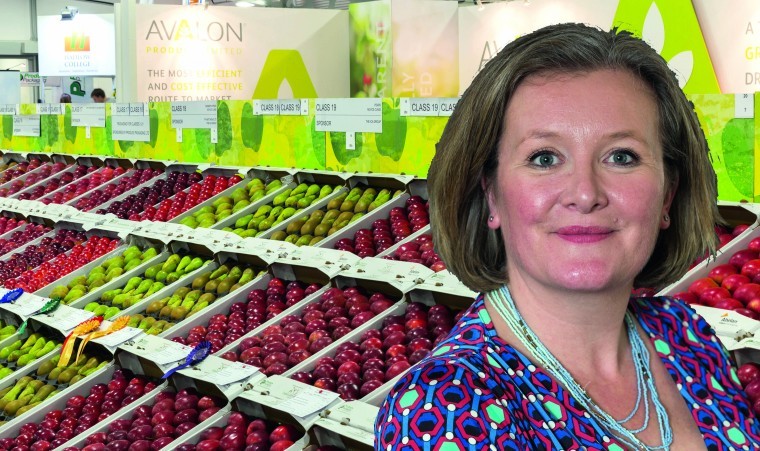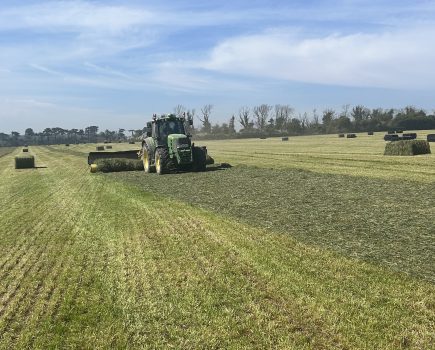At this year’s National Fruit Show AGM, Emily Norton (then head of research at Savills) gave the James Nichols Lecture, talking about her background in farming and law and how she studied global agricultural policy design to help consider what might be best for the UK in the future. She analysed Australia, New Zealand and the US, all of which are very different to the UK, which she described as a “small, crowded island with complicated food security relationships with [its] nearest neighbours”.
Emily explained that she had visited nations with similar challenges to the UK – Taiwan, Hong Kong, Cuba, and the Middle East – to understand what it means to have a trading relationship that influences how you think about your identity as a country.
Her first epiphany during this tour came in Hong Kong, where import rule liberalisation in the 1980s saw almost all food imported from China and very little domestic food production. Academics realised, during the transition from British to Chinese rule, that without domestic food production there was no sense of national identity, “There is nothing that says ‘this is what we stand for, and this is what we can defend’,” she said. Hong Kong also had weak environmental protection and every piece of productive farmland had been destroyed or turned into storage for shipping containers.
These attitudes to trade and environment protection had to be changed and a target was set for producing 10% of all the food consumed in the territory.
Her conclusion was that if you do not set a target for domestic production and you are encouraging free trade with low environmental protections, you can see what will rapidly happen to food production in the UK.
Her second epiphany was in Oman, during a visit to see horticultural businesses focussed on exporting peppers to Japan, working through a cooperative packhouse. Every farmer she met was happy, which she said was very unusual. The system worked, everyone received a sustainable return and they shared the equipment.
She realised that the Islamic organisation of trade was different. Here, in the system she grew up with on a dairy farm, you have an exclusive relationship with a producer at the farm gate which is your everything; your contract means you are stuck, and you cannot just change it. This type of capitalist system is how the market says it should work. There are economies of scale, but there is every likelihood the purchaser will exploit the relationship to gain competitive advantage.
In other countries and cultures things are organised differently. You have to have market actors to make it fair. Both sides have symmetry in the contract, so they know what profit the other side is making, which is needed for it to be fair and enforceable in law. While we think we might have the best systems in place, a system in which one party is exploited for the commercial advantage of another is not fair. So, when we say farming is not fair, we are fighting against these cultural settings which impact on how farm businesses work.
The conclusion to be drawn from her travels is that you need to set your trade policy first and decide the trading relationships you want to have with the rest of the world. Then you need to set your environmental standards and what expectations you have on environmental protections and set a target for food, deciding how much you want to be producing to create a national identity that the country is looking after its own.
With those things together you can set a budget to ensure food producers can continue to operate and to work. The Swiss are a good example, with high trade tariffs and standards of environmental protection which means their farmers are well protected but receive by comparison very little fiscal financial support.
Australia is similar. It is all about export and very difficult to import food, so farmers exist in a relatively subsidy free environment but have little competition as producers.
The UK has not really thought about these sorts of issues yet and we can already see the legacy of where some of these problems are heading.







